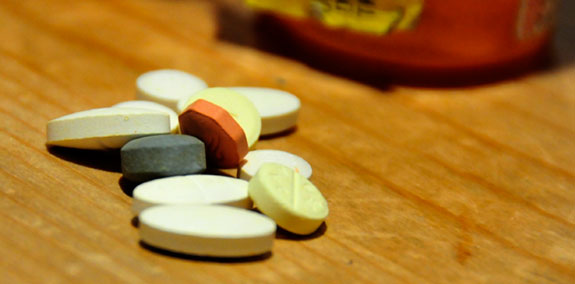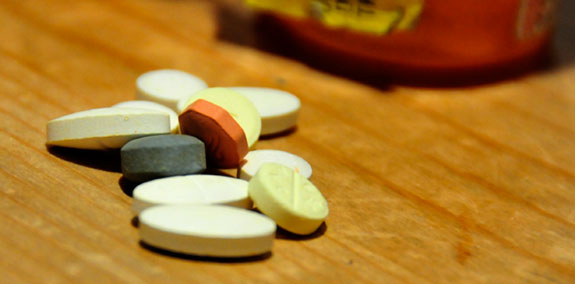
A recent article in a well established literary magazine examined the emergence of “smart drugs”, pharmaceuticals that are being self-prescribed by people seeking cognitive enhancement.
This practice has been seen among students at prestigious undergraduate universities in this country, as well as in some highly competitive professional endeavors (ranging from scientists to poker players).
It should come as no surprise then, that among the masses of anxious LSAT students, more than a few have experimented with these substances to achieve a better score. Surely, if the test is important enough to justify hundreds of hours of study, thousands of dollars of preparation, and months of psychological torture, ingesting a small pill twice a day doesn’t seem out of the question. After all, you’ve probably ingested far worse, for far less. (btw, for cautious readers, as a justification, that’s almost certainly fallacious. The fact that you may have made worse decisions before doesn’t justify less terrible but still bad decisions now…)
Let’s get the obvious part out of the way. It would be easy to get Nancy-Reagan’d up about this, but I won’t. And a disclaimer: if there were a pill that was as safe as Centrum that could improve cognitive function significantly, I’d be first in line and I’d probably be willing to sacrifice more for it than other people (I’d trade a good deal of money and and even some physical health for a greater measure of mental acuity. Too many questions linger without clear answers for me to turn away from such an option.) However… (you knew it was coming)…
I don’t think these drugs are a panacea, any more than HGH and various steroids were for athletes. Forgetting about ethical or legal issues, steroids are widely acknowledged to cause significant long-term health problems for users and “smart drugs” might well cause analogous problems. While we don’t know, one doesn’t want to be first off the boat when experimenting with psycho-pharmacology. I know; you’ve done it before and emerged unscathed, but refer to the fallacy above.
Second, it’s likely that moving between whatever heightened consciousness you achieved with such smart drugs and your current self would cause a significant measure of cognitive dissonance. Translation, the come down might suck. Like really bad.
Third, it’s not unreasonable to assume these drugs would be abused by the anxious or over-zealous. I drink too much coffee. A girl in one of my classes has an Altoid addiction that makes Amy Winehouse look like the Snow White. Riley drinks too much. Like way too much. Like Leaving Las Vegas too much. But alas, I digress. The point is that someone, somewhere is going to swallow these pills with the expectation of becoming Immanuel Kant. When that predictably doesn’t happen, that person is going “step it up a level” and double down. When that person still isn’t even G.W.F. Hegel, he or she is going to decide to really “do what it takes” and, utilizing a razor and a mirror that just happen to be aggregated in a safe, but not too obvious place, will cut some rails. At this point the person will begin to feel differently and believe it’s really working, but not quite enough. We all know where this leads; a bent spoon, a small torch, rubber medical tubing, and some “advice” from that sketchy guy who lives down the hall, and what do ya know, you’ve now crossed what most of us believe to be a significant threshold.
The short version: it’s really hard to believe that such drugs will not become the objects of significant abuse. The mind reels when imaging the possible outcomes of people experiencing the level of stress that often accompanies LSAT study while tweeking on Aderol. It’s obvious that one could really mess up the test, but it also seems plausible that one might cause themselves substantial damage. Moral of this story: you don’t want to be the first to drop “smart pills”, especially when preparing for a particularly important test.
So I’m provisionally placing such smart drugs in the category of things that are “too good to be true”, a class which currently includes the Matrix sequels, the Pacquio vs. Hatton fight, and multi-processor computers.
Perhaps this warrants discussion. Comments below….
Article by Trent Teti of Blueprint LSAT Preparation.




